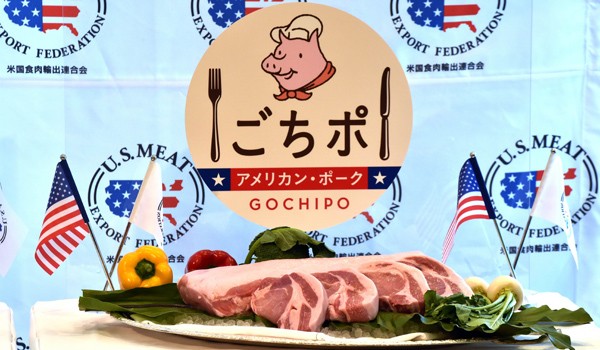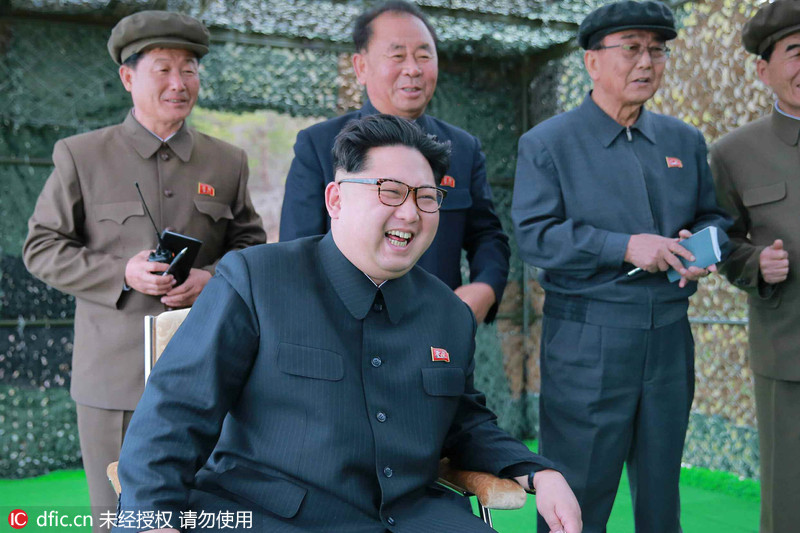
Free Marketplace: Looking at American Pork through Japan
Japan has consistently held its food safety controls to a high standard. There are several medicines and edible pigments that are up to par in the United States, but have yet to receive permission for use in Japan. American pork with ractopamine has already been given permission for import to Japan, as it raises no cause for concern on the issue of food safety. Japan has established a “maximum residue limit,” or MRL, for ractopamine, as has the U.N. Food Safety Commission. As Japan has a well-established testing system for ractopamine, it need only use these standards as a means of defense; thus the food safety problems of American pork are no issue.
The Japanese government takes food safety seriously, and offers assurances to the people that they have ample means of identifying their food, so that they might have a free choice. Thus, in addition to providing a clear designation of their food’s place of origin, genetically modified food must also be labeled. In the supermarket near where this author lives, besides Japanese-raised meats, one might also find American pork and Australian beef. This foreign beef and pork bear bright and colorful national flags on their packaging that are quite eye-catching. In this way, one can easily visually separate Japanese-raised beef and pork from foreign meats, making them easy to differentiate.
The American-led Trans-Pacific Partnership is in essence a free trade pact with high specifications. Its primary focus is in bringing about 100 percent liberalization of trade, with no “exceptional goods.” The TPP is the new requirement for the present state of the development of international trade, and will act as the replacement for a World Trade Organization that has passed its prime. At the same time, the TPP is the nemesis of China’s dictatorial economic system and the Chinese Communist Party’s crony capitalism. The communist Vietnam is already a negotiating party to the TPP, yet China is keeping its distance from the TPP, refusing to apply for membership. Taiwan must seize this opportunity, making reforms and improvements to its industry with haste to enter into the TPP. Only then can Taiwan catch up with global trends, increasing the power of its economy, and free itself from China’s economic control.
Whether Taiwan will open up to American pork has now become a question of whether or not Taiwan has the determination to pursue trade liberalization and transform itself into a country with a modern economic and trade system. The words of the prospective chief minister of the Council of Agriculture, Tsao Chi-hung, on the subject of American pork clearly indicate that he and the new government have a clear understanding of the urgency of reforming Taiwan’s economic system. This is worth acclaim!


